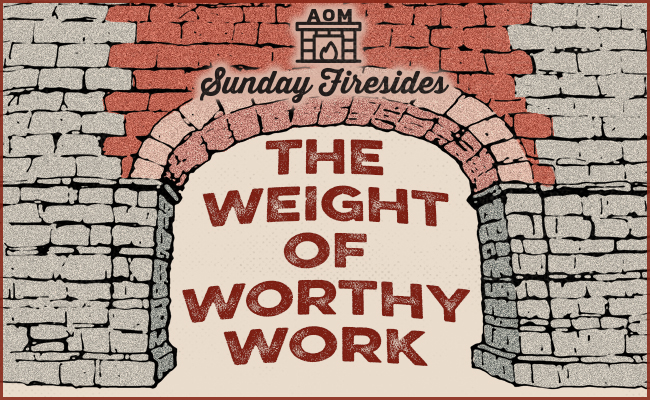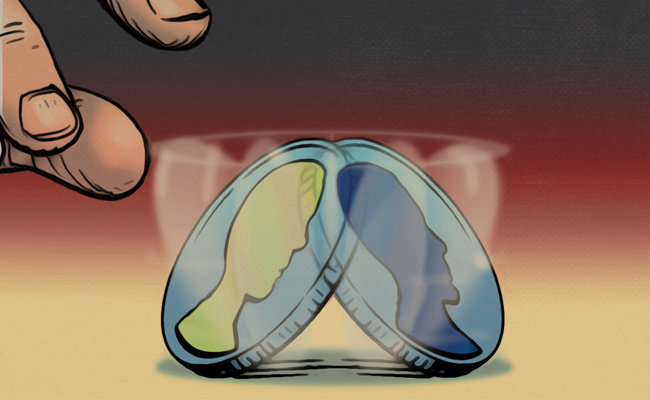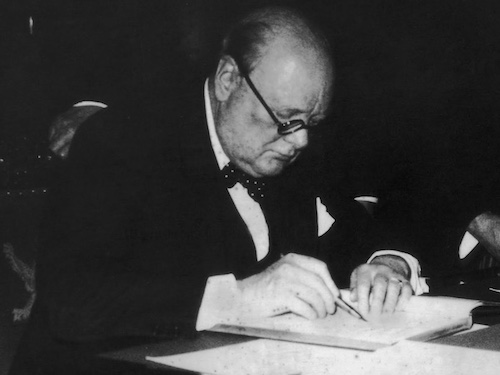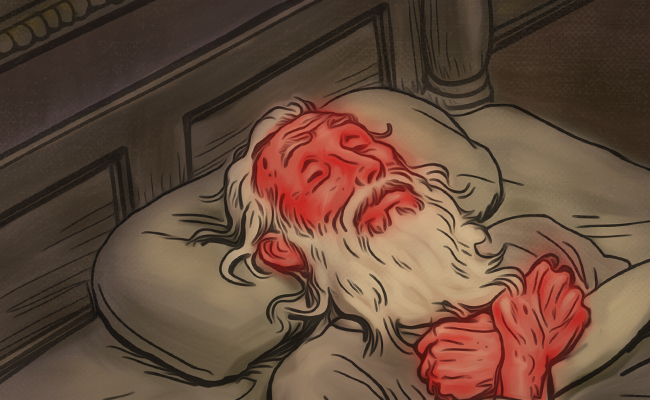Humans can be funny creatures. Especially when it comes to our relationship with work and effort, which might best be described as a constant tension between attraction and repulsion.
We balk at tackling a difficult project. Then feel immensely satisfied in its completion. Then balk at doing another.
We feel lonely and desirous of connection. Then reach out to others. Then chafe at the obligations that go along with relationships. Then seek to detach ourselves. Then feel lonely again.
We think that if we had more time in our schedules, we could get a lot more done. But when we get more time, we struggle with getting started on anything at all, discovering that paradoxically, the busier we get, the more productive we become.
We think we’d be so much happier if we didn’t have to work, and are indeed relieved when we get a break. But if it goes on too long, we begin to feel bored, restless, even depressed.
We don’t want to go out and socialize, or go do an act of service, but then after we go anyway, we’re invariably glad we did.
Sometimes we like putting down roots. Other times, we want to run away, move away, start all over again.
We want to be bound. We want to be released.
Attraction. Repulsion.
Part of our vacillation arises from a misunderstanding of the tension inherent to effort.
We see responsibilities as burdens, and burdens as bad.
But our embrace of responsibility might be more wholehearted if we came to view its attendant pressure through the metaphorical lens offered by Viktor Frankl: as the load architects place atop a structural arch, which joins the parts more firmly together.
The weight of worthy work, of meaningful goals, of sacred obligations, doesn’t hold us down. It keeps us from falling apart.








